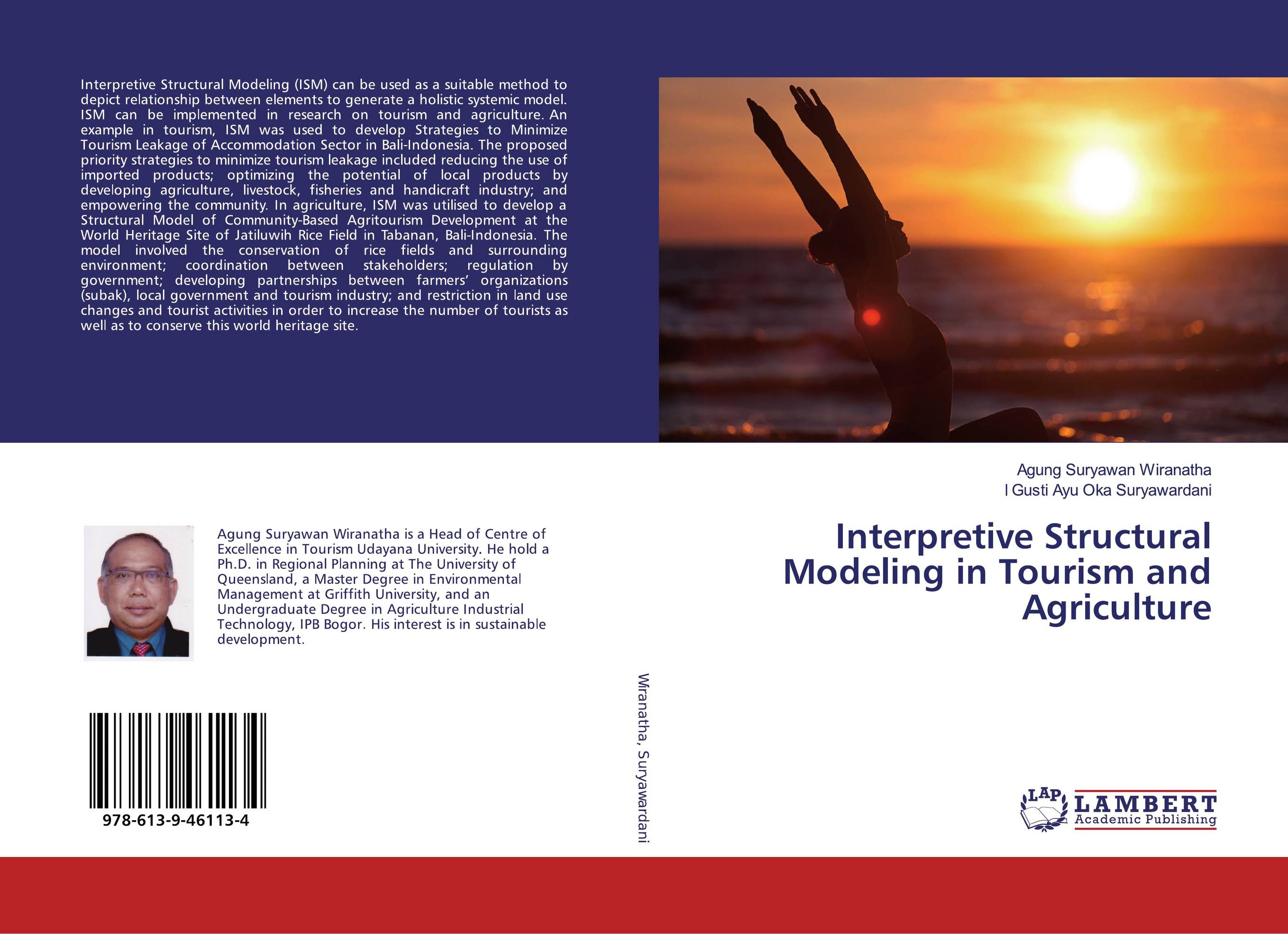| Поиск по каталогу |
|
(строгое соответствие)
|
- Профессиональная
- Научно-популярная
- Художественная
- Публицистика
- Детская
- Искусство
- Хобби, семья, дом
- Спорт
- Путеводители
- Блокноты, тетради, открытки
Interpretive Structural Modeling in Tourism and Agriculture.

В наличии
| Местонахождение: Алматы | Состояние экземпляра: новый |

Бумажная
версия
версия
Автор: Agung Suryawan Wiranatha and I Gusti Ayu Oka Suryawardani
ISBN: 9786139461134
Год издания: 2019
Формат книги: 60×90/16 (145×215 мм)
Количество страниц: 120
Издательство: LAP LAMBERT Academic Publishing
Цена: 21952 тг
Положить в корзину
Позиции в рубрикаторе
Сферы деятельности:Код товара: 221134
| Способы доставки в город Алматы * комплектация (срок до отгрузки) не более 2 рабочих дней |
| Самовывоз из города Алматы (пункты самовывоза партнёра CDEK) |
| Курьерская доставка CDEK из города Москва |
| Доставка Почтой России из города Москва |
Аннотация: Interpretive Structural Modeling (ISM) can be used as a suitable method to depict relationship between elements to generate a holistic systemic model. ISM can be implemented in research on tourism and agriculture. An example in tourism, ISM was used to develop Strategies to Minimize Tourism Leakage of Accommodation Sector in Bali-Indonesia. The proposed priority strategies to minimize tourism leakage included reducing the use of imported products; optimizing the potential of local products by developing agriculture, livestock, fisheries and handicraft industry; and empowering the community. In agriculture, ISM was utilised to develop a Structural Model of Community-Based Agritourism Development at the World Heritage Site of Jatiluwih Rice Field in Tabanan, Bali-Indonesia. The model involved the conservation of rice fields and surrounding environment; coordination between stakeholders; regulation by government; developing partnerships between farmers’ organizations (subak), local government and tourism industry; and restriction in land use changes and tourist activities in order to increase the number of tourists as well as to conserve this world heritage site.
Ключевые слова: systems thinking, Systems modeling, Tourism, agritourism, Bali



